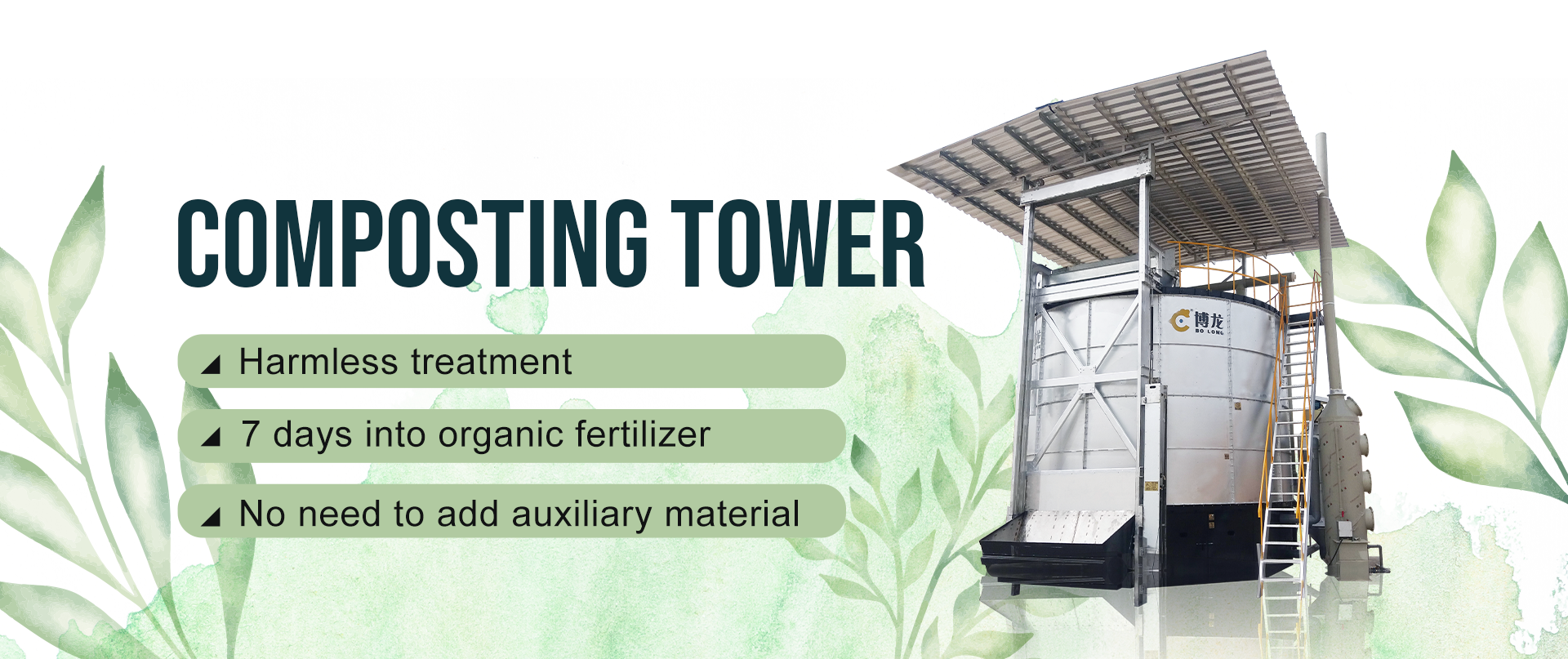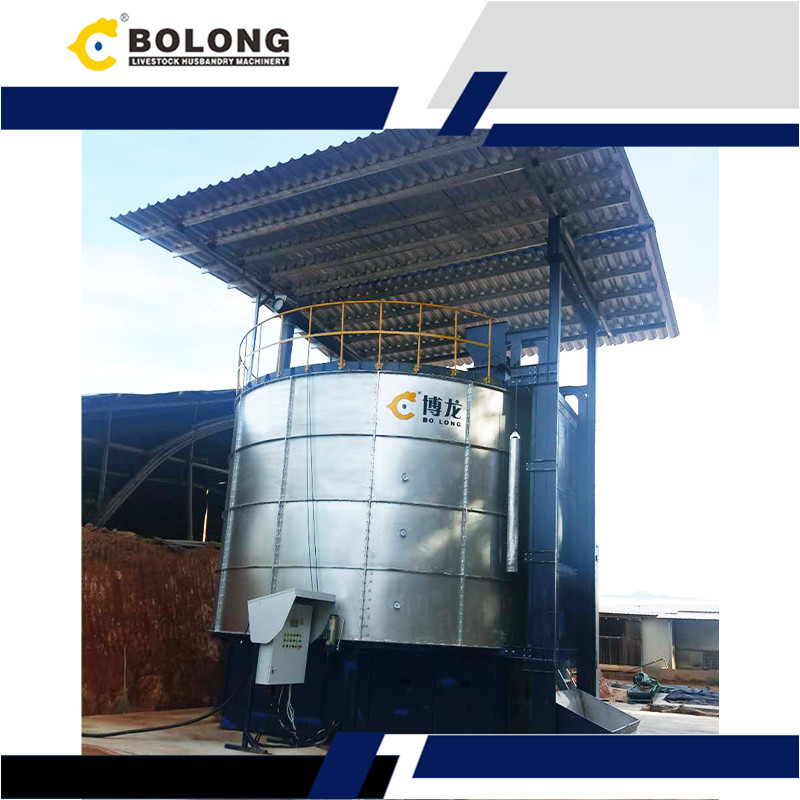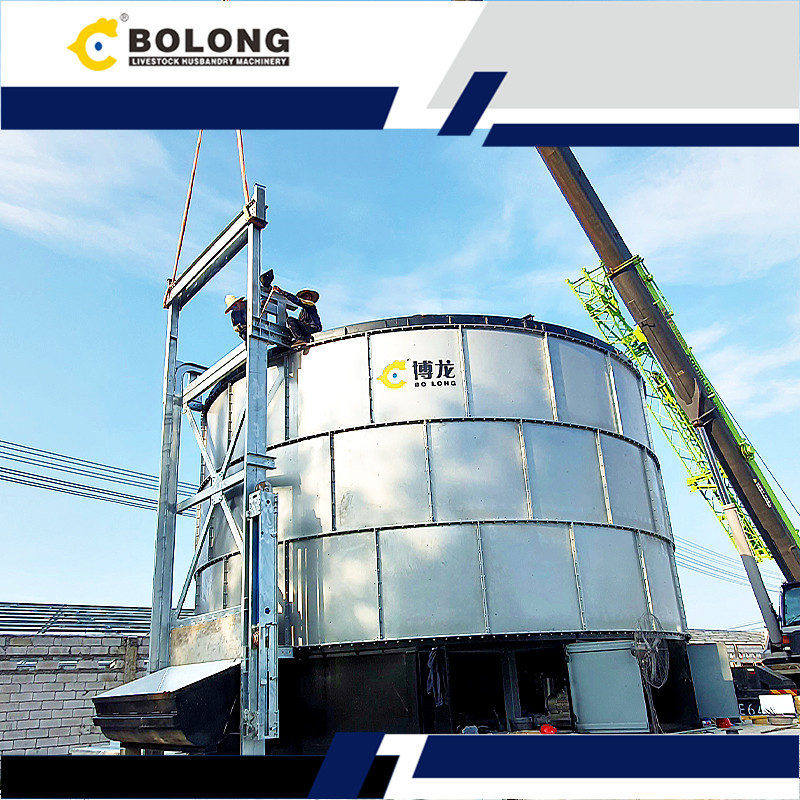Introduction
Livestock fermentation tanks offer numerous environmental benefits, making them an essential component of sustainable farming practices. This article delves into the various environmental advantages of using these tanks for waste management and resource recovery.

Reduction of Greenhouse Gas Emissions
Fermentation tanks are designed to capture methane produced during the decomposition of livestock waste. Methane, a potent greenhouse gas, is converted into biogas, which can be used as a renewable energy source.
By converting waste into energy and reducing reliance on fossil fuels, fermentation tanks help lower the overall carbon footprint of farms.
Improved Soil Health
The compost produced from livestock waste is rich in essential nutrients like nitrogen, phosphorus, and potassium, which are beneficial for soil health.
Regular application of compost improves soil structure, increasing its water retention capacity and promoting healthier plant growth.
Water Conservation
Fermentation tanks process livestock waste into compost, reducing the volume of wastewater that needs to be treated or disposed of.
Properly managed fermentation systems prevent nutrient leaching and groundwater contamination, safeguarding water resources.
Odor Control
The controlled fermentation process significantly reduces foul odors associated with livestock waste, improving the living conditions for both animals and farm workers.
Reducing odors helps maintain better relations with neighboring communities and can lead to fewer complaints and regulatory issues.
Biodiversity Preservation
By managing waste efficiently and preventing runoff, fermentation tanks protect local habitats and biodiversity from pollution.
The use of organic compost promotes sustainable farming practices, contributing to the preservation of local ecosystems.
Conclusion
The environmental benefits of livestock fermentation tanks are substantial. These systems not only reduce greenhouse gas emissions and improve soil health but also conserve water and control odors. By adopting fermentation tanks, farms can enhance their sustainability efforts, contributing to environmental conservation and improved community relations.



